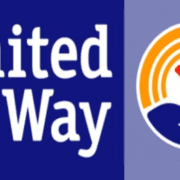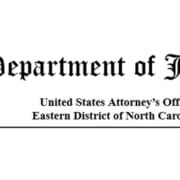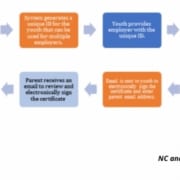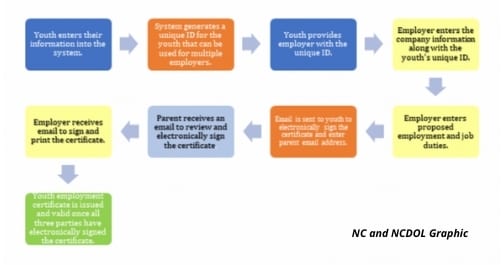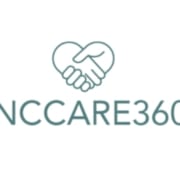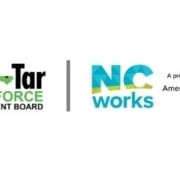In honor of National Police Week, Acting U.S. Attorney for the Eastern District of North Carolina G. Norman Acker, III recognizes the service and sacrifice of federal, state, local, and Tribal law enforcement. This year, the week is observed Sunday, May 9 through Saturday, May 15, 2021.
“This week is a time to honor our law enforcement officers who have made the ultimate sacrifice in service to our nation,” said Attorney General Garland. “I am constantly inspired by the extraordinary courage and dedication with which members of law enforcement act each day, putting their lives on the line to make our communities safer. To members of law enforcement and your families: we know that not a single day, nor a single week, is enough to recognize your service and sacrifice. On behalf of the entire Department of Justice, you have our unwavering support and eternal gratitude.”
“During Police Week, our nation celebrates the contributions of police officers from around the country, recognizing their hard work, dedication, loyalty and commitment in keeping our communities safe,” said Acting United States Attorney Acker. “I want to acknowledge the work performed by federal, state, and local law enforcement, who often face uncertain and dangerous situations without question and without expectation of thanks. We want them to know they have our unwavering support and appreciation.”
In 1962, President Kennedy issued the first proclamation for Peace Officers Memorial Day and National Police Week to remember and honor law enforcement officers for their service and sacrifices. Peace Officers Memorial Day, which every year falls on May 15, specifically honors law enforcement officers killed or disabled in the line of duty.
Each year, during National Police Week, our nation celebrates the contributions of law enforcement from around the country, recognizing their hard work, dedication, loyalty, and commitment to keeping our communities safe. This year the COVID-19 pandemic has highlighted law enforcement officers’ courage and unwavering devotion to the communities that they have sworn to serve.
During the Roll Call of Heroes, a ceremony coordinated by the Fraternal Order of Police (FOP), more than 300 officers will be honored. Based on data submitted to and analyzed by the National Law Enforcement Officer Memorial Fund (NLEOMF), of the law enforcement officers who died nationwide in the line of duty in 2020, nearly 60 percent succumbed to COVID-19. Here in the Eastern District of North Carolina, two officers died in the line of duty.
Additionally, according to statistics reported by the Federal Bureau of Investigation (FBI) through the Law Enforcement Officer Killed and Assaulted (LEOKA) Program, 46 law enforcement officers died as a result of felonious acts and 47 died in accidents in 2020. LEOKA statistics can be found on FBI’s Crime Data Explorer website.
The names of the 394 fallen officers who have been added in 2020 to the wall at the National Law Enforcement Officer Memorial will be read on Thursday, May 13, 2021, during a Virtual Candlelight Vigil, which will be livestreamed to the public at 8:00 pm EDT. The Police Week in-person public events, originally scheduled for May, have been rescheduled due to ongoing COVID-19 concerns to October 13-17, 2021. An in-person Candlelight Vigil event is scheduled for October 14, 2021.
Those who wish to view the Virtual Candlelight Vigil on May 13, 2021, can watch on the NLEOMF YouTube channel found at https://www.youtube.com/user/TheNLEOMF. The FOP’s Roll Call of Heroes can be viewed at www.fop.net. To view the schedule of virtual Police Week events in May, please view NLEOMF’s Police Week Flyer.
To learn more about National Police Week in-person events scheduled for October, please visit www.policeweek.org.

